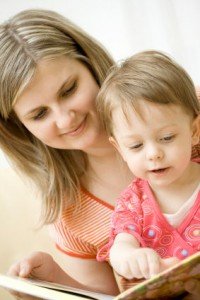In a year, millions of individuals were exposed to or ingested poisonous substances and most of the cases involve children below 6 years old. Most cases of poisoning occur at home when parents or caregivers left children unsupervised. Even adults can end up poisoned accidentally, especially when poisonous substances or certain medications are stored in different containers.
Poisoning among children typically occurs after ingesting medications, personal products, cleaning products, furniture polish, pesticides, kerosene, antifreeze, gasoline, windshield wiper liquid as well as lamp oil. As long as poison safety measures are observed, it can help protect children from being exposed to potentially harmful substances. It is best that you are familiar with the appropriate steps to take if a child is suspected with poisoning. All you have to do is to register for a course on first aid today.

Hazardous substances
If household cleaners, pesticide, furniture polish, paint and other hazardous substances are stored under the bathroom or kitchen sink, it allows easy access to children. It is recommended to store these substances in a closet with a secure lock or one that is out of reach.
When using cleaning products, do not allow the child to go out of sight and do not leave the products unattended. You have to store kerosene, windshield wiper fluid, gasoline, lamp oil and antifreeze in the garage, if possible. In case of a pest issue in the house, do not leave cockroach or mouse poison in the kitchen cabinets, floor or around food.
Medications
Do not rely on child-resistant packaging to prevent children from opening medication bottles. The safety caps might be child-resistant but not completely childproof. You never know since the child might be able to find a way to access the medication.
Avoid storing medications in a medicine cabinet since a child might be determined enough to use a chair and open the cabinet. Due to this, both prescription and over-the-counter medications must be stored in a securely locked cabinet that is out of reach of children. All medications must be stored in its original container with the warning labels undamaged.
Alcohol
When it comes to alcoholic beverage as well as personal care products that contain alcohol, they must be kept in a locked cabinet. Hand sanitizers, mouthwash and some liquid soap usually contain large amounts of alcohol that can be dangerous if ingested. Remember that alcohol poisoning can progress to hypothermia, hypoglycemia, respiratory issues, coma, seizures and even death.
If poisoning occurs
In case a child accidentally ingests poison and has mild or no symptoms, call for poison control right away. If the child shows severe symptoms such as convulsions, respiratory distress, seizures or loss of consciousness, call for emergency assistance right away. All emergency numbers must be posted in a location that is easily accessible.
